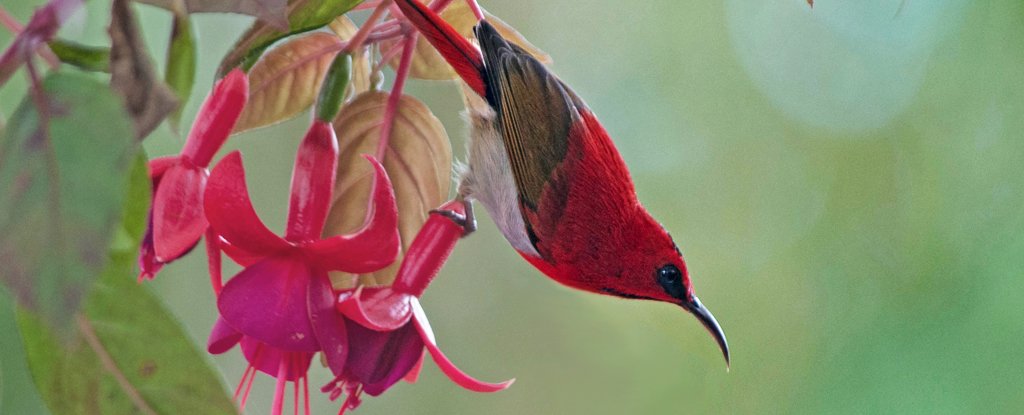Products You May Like
Songbirds in tropical rainforests curtail their reproduction to help them survive droughts, according to a study Monday.
Species with longer lifespans were better able to cope with this environmental volatility than previously thought, researchers found.
With more record hot spells gripping parts of the planet and biodiversity threatened by human encroachment on habitats, a crucial question is whether species can adapt to these ever-harsher conditions.
Droughts – expected to become more common because of climate change – confront birds with a trade-off between reproduction and their own survival, researchers said, because producing eggs and feeding chicks requires additional energy even as food becomes scarcer.
But the study, published in the journal Nature Climate Change, found that instead of trying to juggle the demands of new offspring and harsh environmental conditions, most of the songbird species studied opted to reduce their reproduction during drought.
The research used data on 38 species in Venezuela and Malaysia from 17 years of fieldwork, including a period of drought in each country.
It found that reproduction was reduced by an average of 36 percent in the 20 Malaysian species and 52 percent in the 18 Venezuelan species.
Birds with a longer lifespan had the biggest slowdown in breeding during dry spells.
“In general, species that greatly decreased breeding during the drought (that is, longer-lived species) experienced increased adult survival,” co-author James Mouton, of the University of Montana, told AFP.
“This was surprising as we were expecting droughts to reduce survival to some degree in all species.”
Birds with shorter lifespans – which could less easily afford to curtail reproduction – either kept breeding or only made minor cut backs.
But they were also less likely to survive.
The authors then modelled how certain species might fare under three different climate change scenarios.
They estimated that, while an increase in the frequency of droughts would reduce all bird populations studied, the longer-lived species were more resilient.
Mouton said the research suggests that “populations of longer-lived species of tropical songbirds may be better able to mitigate the effects of droughts than previously thought”.
But he cautioned drought was only one aspect of climate change that would be a potential threat to bird populations, and that these act alongside other risks, particularly the degrading or fragmentation of habitats.
In a commentary on the study also published in Nature, Goncalo Ferraz, of the Federal University of Rio Grande do Sul, said species’ ability to adapt may not be enough to ensure their survival.
He said the study “offers an exciting contribution to understanding the dynamics of animal populations under environmental stress, but it does not change the central importance of habitat availability for species survival.”
